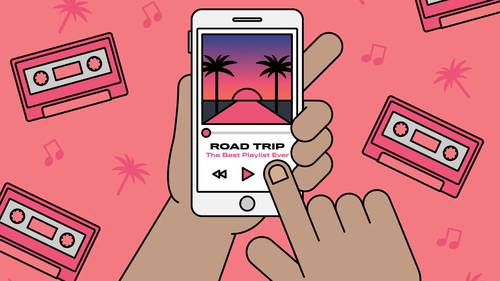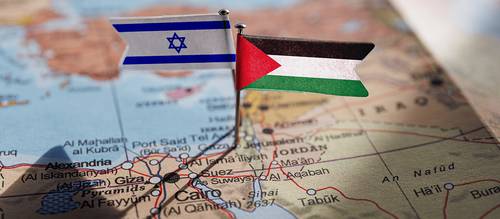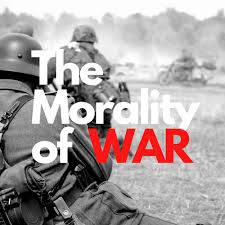Imagine this - it is 1966, and you get elected as President of an African country that recently gained its independence. Your country is the third poorest country worldwide and has only twelve miles of paved road, with only one hundred high school graduates for the entire population. It has been in a drought for the past two years and is heavily reliant on its previous coloniser for money. As a president, you would want to improve this nation while simultaneously maintaining the democracy and freedom of your country’s citizens. The only resource you have is herds of cattle, vast wilderness, and mineral deposits. Does this sound implausible to you? For Sir Seretse Khama, it is not.
Botswana, a British African protectorate formerly known as “Bechuanaland Protectorate,” gained independence in 1966 as a democratic nation with a constitution as the rule of law. Sir Seretse Khama, a leader in the independence movement and legitimate claimant of the indigenous chiefship, got elected as the first president of Botswana.
With most citizens uneducated, he made the British stay as expats until the country developed a force of qualified locals. Luckily, Botswana has abundant mineral deposits. So, he took loans from International Monetary Fund, mined minerals, exported them to the western world, paid off loan debt, used profits to improve infrastructure and provided agricultural subsidies, vaccinations, universal education, and healthcare.
With 50% of the mining industry reserved for the public sector, it meant more revenue and fewer taxes. This reservation brought the country enough money to create a central bank and currency. By the end of the first term, Botswana had become one of the fastest-growing economies in the world. To no surprise, he got re-elected for the fourth time with over 70% of the votes in 1979, but he passed away a few months after the elections.
In just thirteen years, the wealth of citizens increased by 10,000%. Diseases they previously struggled with were now under control. Today, the country ranks third for the lowest corruption and has accumulated over $7 billion in foreign currency reserves. In 2019, the government made same-sex relationships legal, one of the first in Africa to do so.
All this does not mean that Botswana is a utopia now. Recently nepotism, unemployment, over-reliance on mining, and an AIDS crisis have been plaguing the country. However, with their educated and open-minded population, we can rest assured that they can overcome these problems. Botswana is a perfect example that if a nation uses its resources wisely and upholds civil liberties, it can prosper from nearly nothing.





